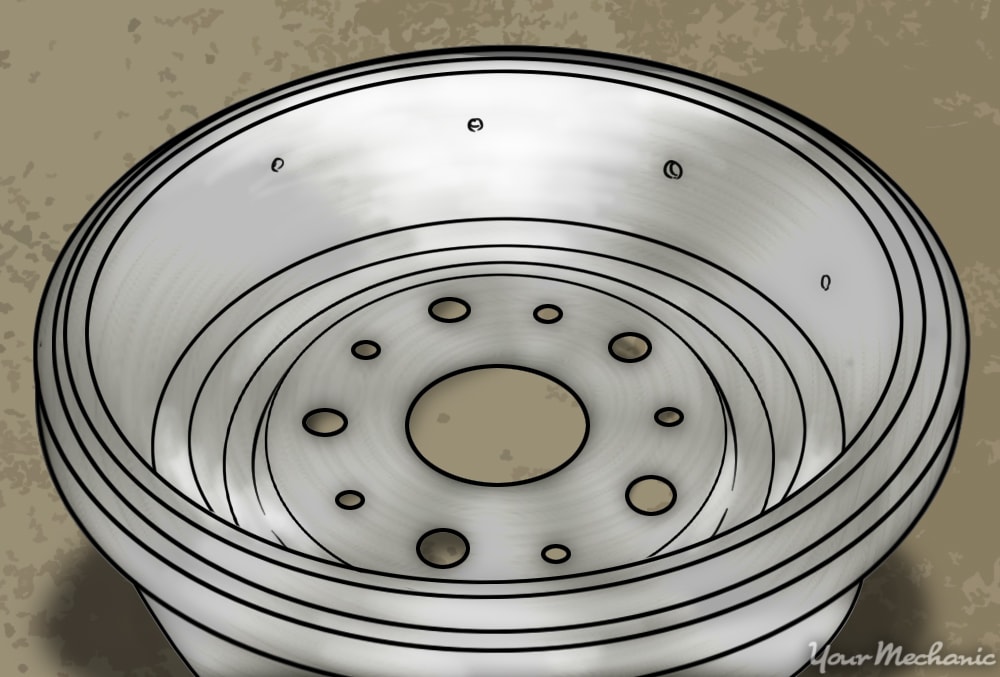

Keeping your vehicle's brakes in working shape can often mean life or death while driving in emergency situations. Because brake pads are meant to withstand friction and strain by nature, it stands to reason that they often wear out in time. The amount of use and length ultimately depends on the amount of strain and quality of parts used.
For instances, while some brake sets can take 70,000 miles (112,500km) before giving out, this is only assuming the driver has minimized wearisome driving habits. More often, brakes will lose their efficacy following 25,000 miles (40,000km). While there's no way to make brakes last indefinitely, there are several things you can keep in mind to ensure they last as long as they can.
Smooth driving and soft braking
Braking at higher speeds places an increasingly disproportionate strain on the brakes. As a general rule, if you need to brake at high speeds outside of emergency situations, you're probably going too fast or stepping on the gas for too long. Regulating your speed and softly braking can ease off the strain on your brakes; doing this also has the effect of resulting in a smoother ride for you and your passengers. Hard braking should only be used in emergency situations and split-second decisions.
Using proper braking technique
When you're stopping at lights and intersections, it is healthier for the brakes to come to a complete stop, rather than allowing the wheels to inch forward. This wheel creep means the wheels are under constant friction; braking the wheels further and stopping the car completely will generally put less wear on the brakes. On the topic of braking, it's also good to commit to only using your right foot for braking and gas alike. Nothing wears out brakes (and tires!) unnecessarily like applying pressure to both pedals simultaneously. While this doesn't have any practical benefits to the car or driver, it's nonetheless a surprisingly common mistake that you should avoid if you want to maximize the longevity of your brake set.
Making brake-conscious car decisions
Regardless of a driver's braking habits, the overall strain can be generally lessened if you lighten the load of a car. Taking out unnecessary luggage will result in less friction for the brakes. Although it may sound like an obvious fact, the life of brakes can be extended by minimizing their use. Although you definitely shouldn't be frugal with braking while you're out driving, you may be able to plan your car trips accordingly, favoring routes with less congestion and fewer intersections.
Brakes should be regularly maintained to improve their longevity. You should get your brake fluid regularly changed. Maintaining your parts is important across the board, but it should be noted that the quality of parts has a big effect on longevity. It should also be noted that most of the things you can do to minimize brake wear will also improve your vehicle's fuel efficiency. If you want the best from your brakes, you should consider upgrading your brake set. If you're interested in having your brakes looked over, don't hesitate to reach out to a YourMechanic representative for help.



